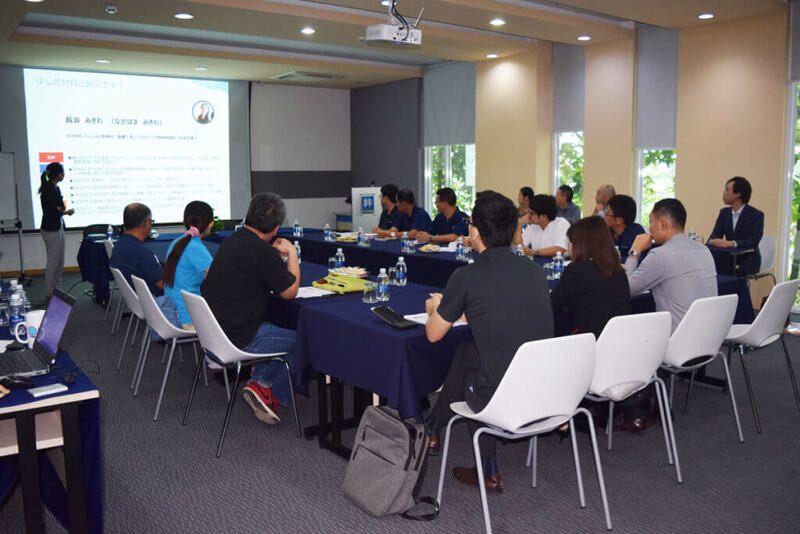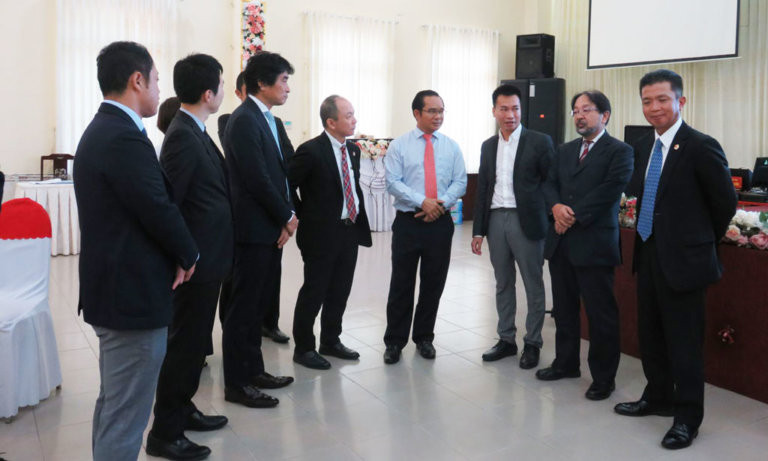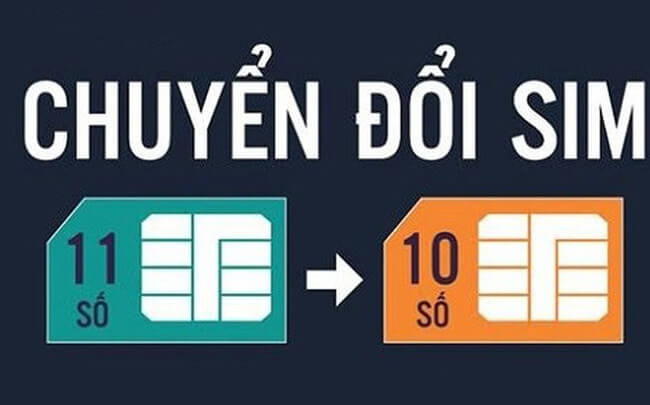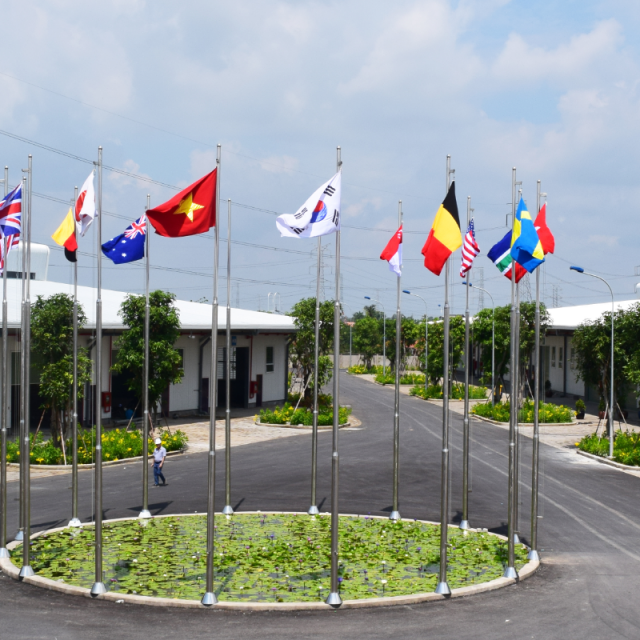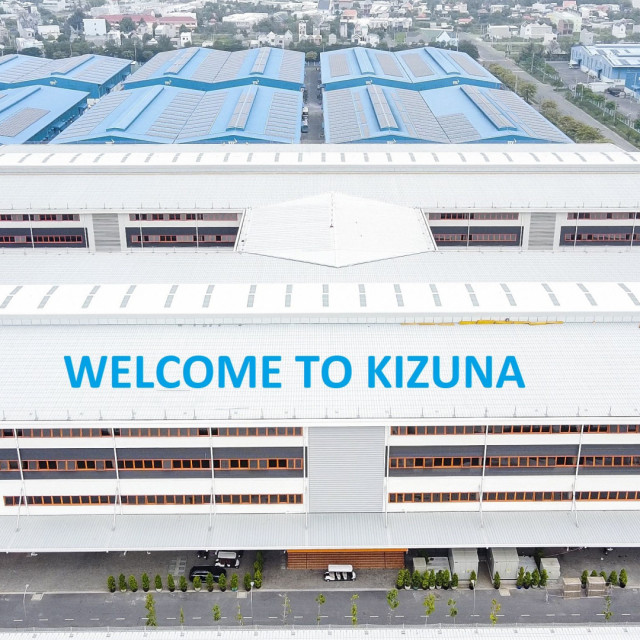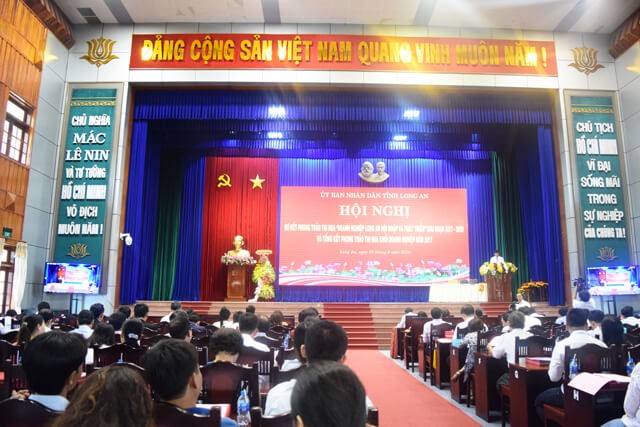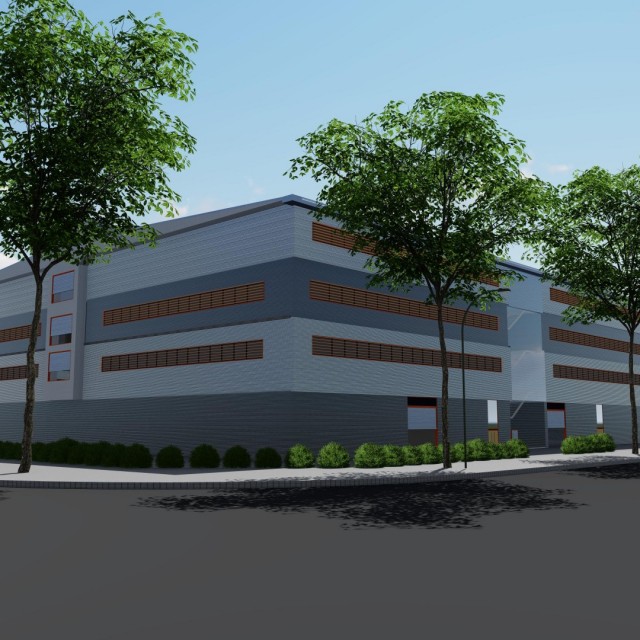Improving business environment: Helping SMEs to accelerate
Improving the business environment is necessary, helping businesses eliminate the unofficial expenses they currently face, reducing unnecessary tests with small and medium-sized enterprises (SMEs).
That was shared by experts at the seminar "The support for manufacturing SMEs to accelerate in the digital age", organized by Saigon Economic Times in collaboration with Kizuna on the morning of October 3rd, in Ho Chi Minh City.
Currently, Vietnam has about 97% of SMEs. This number is published every year and there is almost no positive change. Small businesses are always small, the number of small to medium-sized businesses is still small, not to mention many businesses have "fallen" after several years of development. The reason not only comes from the segmentation, there is no linkage between businesses, but also the impact of environmental and social factors, etc.
From a provincial competitiveness index (PCI) survey conducted by the Vietnam Chamber of Commerce and Industry (VCCI) and the United States Agency for International Development (USAID), Mr. Tran Ngoc Liem - Deputy Director of VCCI in Ho Chi Minh City - explain why SMEs in recent years have not had a strong development:
- Due to many difficulties and difficulties in accessing resources for the operation process (such as grasping information on policies, laws, capital access, land access)
- The fragmentation, no link between businesses together
- Burden of informal costs, low quality of business support services
- Not the right people, the burden of administrative procedures of local state agencies on businesses is even greater.
"We appreciate the model initiative that Kizuna has been building."
Mr. Tran Ngoc Liem - Deputy Director of VCCI in Ho Chi Minh City - speaking at the seminar
Among the most difficult SMEs is manufacturing enterprises. The barriers of their own internal resources (capital, management experience ...), and external force (environment, policy ...) are the reasons why SMEs cannot thrive in the past.
According to the latest report from Market Research Company Insight Asia, among the biggest difficulties of SMEs in Vietnam, the capital difficulty is the highest. 62% of the respondents said that they faced difficulties in capital (mainly to invest in factories, machinery ...), while the source of customer difficulties ranked second with 60%, difficulties in factories also had 55% of surveyed people choose, and 45% of respondents said that they had legal difficulties.
Ms. Tran Lien Phuong - Research Director of Insight Asia said that SMEs in the manufacturing industry now want an efficient, stable production environment that can develop business, expand markets and in the long run can own workshops.
However, this has not been done by many businesses, so up to now many businesses are still keeping "super small" or small.
Meanwhile, in terms of production, Ms. Lam Dieu Tam Hieu - Industrial project project developer - Deputy General Director of Kizuna - said: Currently, besides the traditional industrial park model, which is very difficult In order for SMEs to access, industrial real estate companies should also study a new type of industrial park model to provide services, upgrade information technology infrastructure and use renewable energy.
Weaknesses of SMEs, together with the rapid changes of the world economic situation, will make them face difficulties in the future. The business of this business sector is to be proactive in both opportunities and challenges. Not only that, SMEs need to have appropriate, effective strategies to adapt and change.
In addition, industrial zones can also provide ready-built workshops on a small scale and need to accompany customer right from the time customers learn about factory investment and throughout the production process. . This will really be a new step in providing production ground for SMEs, which has difficulty in constructing standard, modern and cost-effective workshops.
In order to promote the development of Vietnamese SMEs in the coming time, Mr. Tran Ngoc Liem said that improving the business environment is necessary, helping businesses eliminate unofficial expenses which they are currently suffering from, eliminating unnecessary inspections with SMEs.
In addition, the policies and laws related to SMEs need to be implemented to address the difficulties that SMEs are facing today. At the same time, the policies must be very practical, close to small businesses, namely supporting capital access, land, finding customers, suppliers, etc.
According to baomoi
